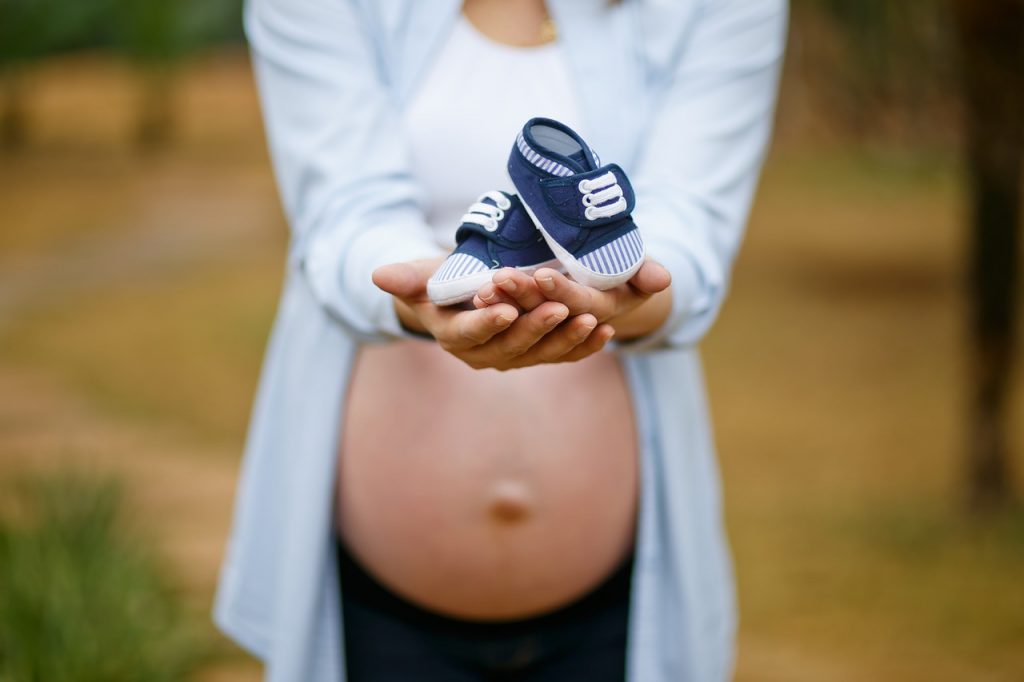Peeing does not prevent pregnancy. This is a common misconception that has been around for many years. Women have this idea in their heads but it does not do anything to stop the sperm from reaching an egg, which can cause pregnancy if fertilized but it has some benefits for your health.
The only way to avoid pregnancy is by using some form of birth control during sex or abstaining from sexual activity altogether. In this article, we discuss whether peeing after sex prevents pregnancy and what implications come with it!
Does peeing after sex prevent pregnancy?
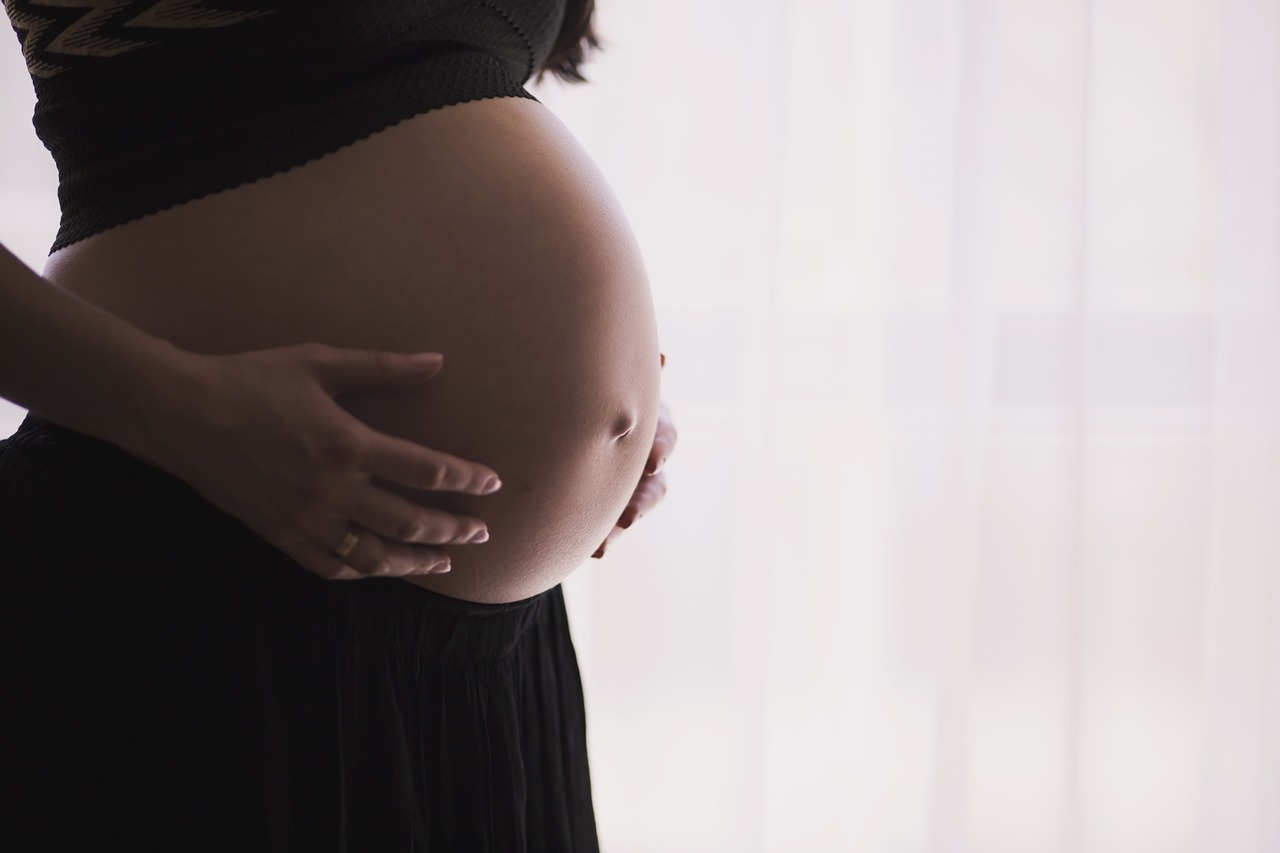
Yes and no, peeing after sex is the most common thing that people do to prevent pregnancy because urinating may flush out sperm from the urethra but it won’t remove all of the sperm you release during ejaculation so it’s not very effective.
It’s also worth mentioning that urinary tract infections (UTIs) are actually more commonly caused by bacteria in the bowel entering through nearby vaginal or anal skin – known as ascending infection.
So if you’re experiencing frequent UTI symptoms, there may be a food source for these bacteria near your vagina or anus. There are two important factors with this: do quickie wipes dry up anything? Yes, they will absorb any discharge or fluid on the skin which includes both semen and urine.
What is the purpose of peeing after sex to prevent pregnancy?
Truth is, there is no scientific evidence that proves that urinating after sex will prevent pregnancy. It’s just one of those wacky women’s myths. What does work is to use contraception, like condoms and birth control pills, but these methods are only effective if used properly at the right time.
I believe that the purpose of water in this context is to disrupt the life cycle of sperm because it prevents them from being able to get an egg close enough so you can fertilize it; then preventing pregnancies as a result. But until I find out otherwise, I’m going with my gut on this one! Best wishes!
Peeing before and after sex is a prevention method for urinary tract infections or UTIs, and it’s good for baby health if you are pregnant.
What the medical community has to say on this topic?
One study says it does.
A couple of studies conducted in 2008 and 2010 claim that urinating after sex reduces the risk of getting pregnant by around 80%.
The theory is that egg implantation occurs 6 hours after fertilization (around 18-24 hours from when you ovulate) so having a wee soon before jumping into bed would wash away any excess sperm leftover from earlier orgasms.
This theory is also backed up by the Office for National Statistics, reported in 2006 as citing a similar statistic with an 85% effectiveness rate.
The only possible downside to this idea is that peeing can lead to UTIs or bladder infections, although these are pretty easy to treat with a course of antibiotics if they happen at all.
Limitations and side effects to consider when deciding whether or not to pee after sex
There are not too many, but people should urinate before sexual intercourse because it relieves sexual tension and makes you ready for intimacy.
If you need to pee after sex, please do so in a manner that won’t make the bed wet. We have pads that can be used to clean up afterward. You should also take time to paper-towel dry down there if needed as well – toilet dampness never goes well with one’s skin!
This is important for women of all ages: going too long without urination can lead to UTI infections! Try drinking more fluids and pinch the bladder muscle when necessary when other methods don’t work.
How long does sperm live in your body, anyway?
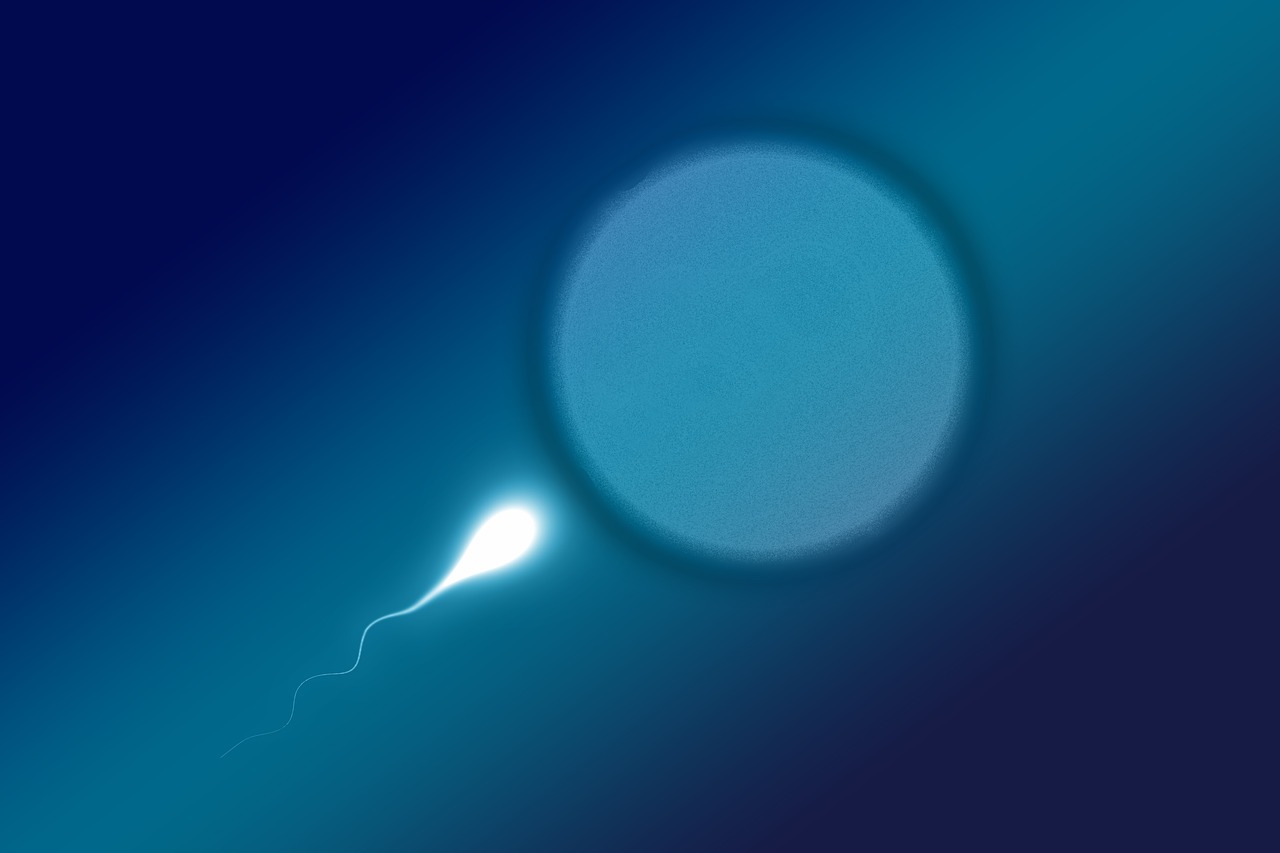
Ejaculated sperm remain viable for several days within a woman’s reproductive tract.
Semen can last 2 to 3 hours in a woman’s body, and 5 days in semen after ejaculation. Sperm lives up to 5 days on clothing or other fabric, or 4 to 6 months in the refrigerator.
When sperm enters the vagina (the most hospitable environment for sperm), its motility drops by about 1% per hour due to acids that are created by bacteria present. It dries out and dies within a few hours.
That is why reproductive doctors will tell their patients that they should have sex before ovulation as it won’t work afterward anyway because of the unfriendly environment inside the uterus with high levels of progesterone and estrogen hormones there, which kill off sperms before they even fertilize the egg.
How does urinating after sex affect sperm motility?
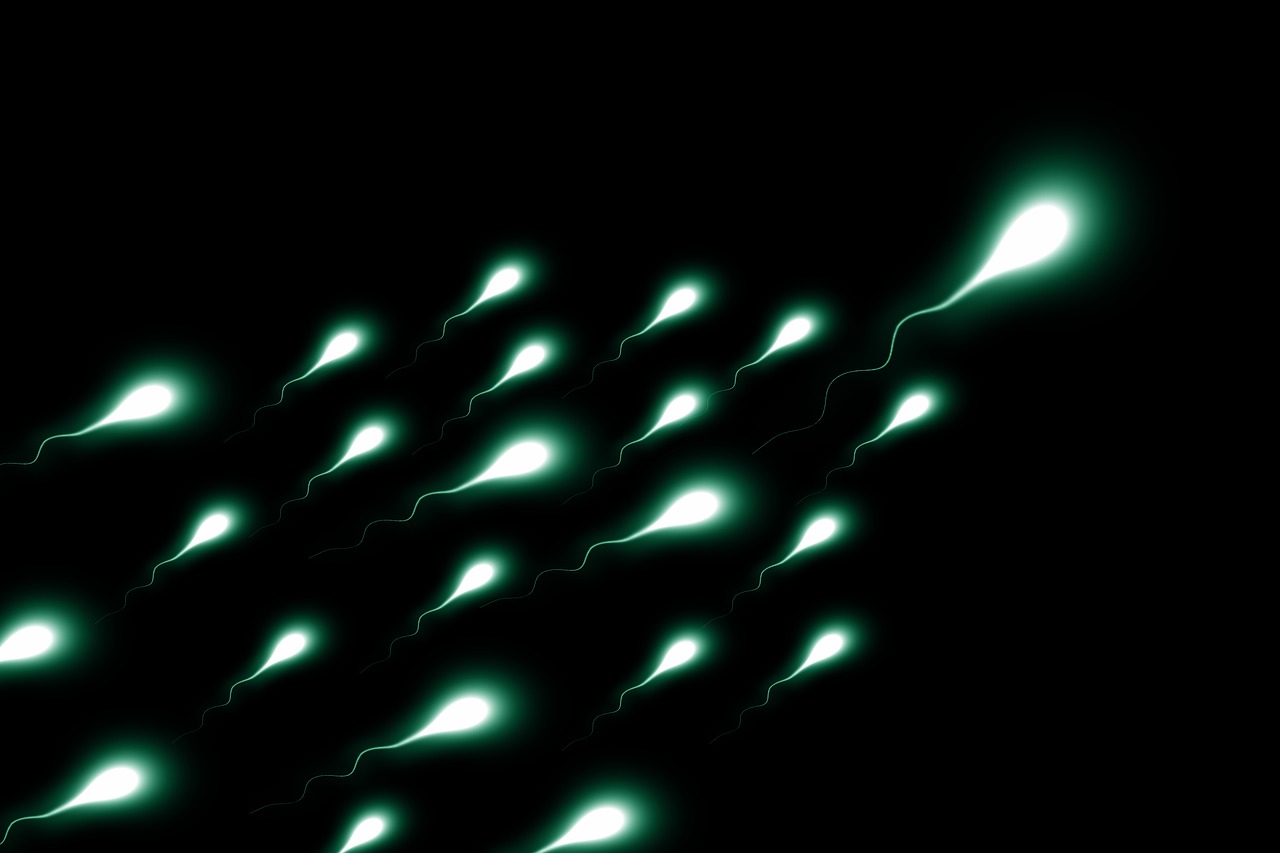
For healthy couples, there’s no need to worry about a few seconds of peeing after you’ve finished. The urine stream will be going in the opposite direction and won’t come out until your ejaculate is halfway done coming out or until the flow stops.
In other words, if you don’t have it timed so that when you’re finishing up your orgasm, slippery semen will come into contact with some pee coming in then that should be absolutely fine time-wise.
If accidents do happen, just make sure to wipe yourself up thoroughly to avoid irritation which could promote infections or worse.
Tips for reducing the risk of pregnancy without peeing after sex
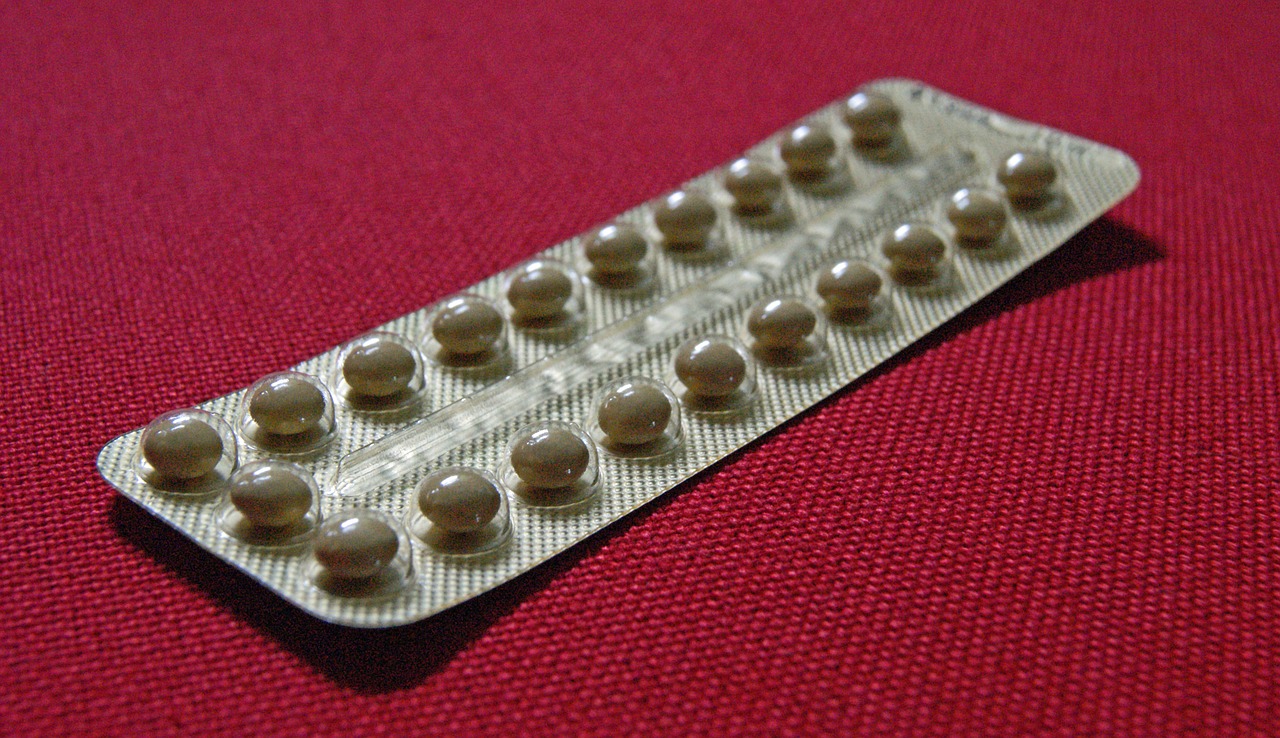
There are a few remedies to reduce the risk of pregnancy without peeing after sex.
If you are on hormonal birth control (e.g., the pill or an intrauterine device), your method has been shown in studies to be more than 99% effective against pregnancy for over one year and is often coupled with a spermicide that provides even greater protection against pregnancy if it’s used correctly as directed.
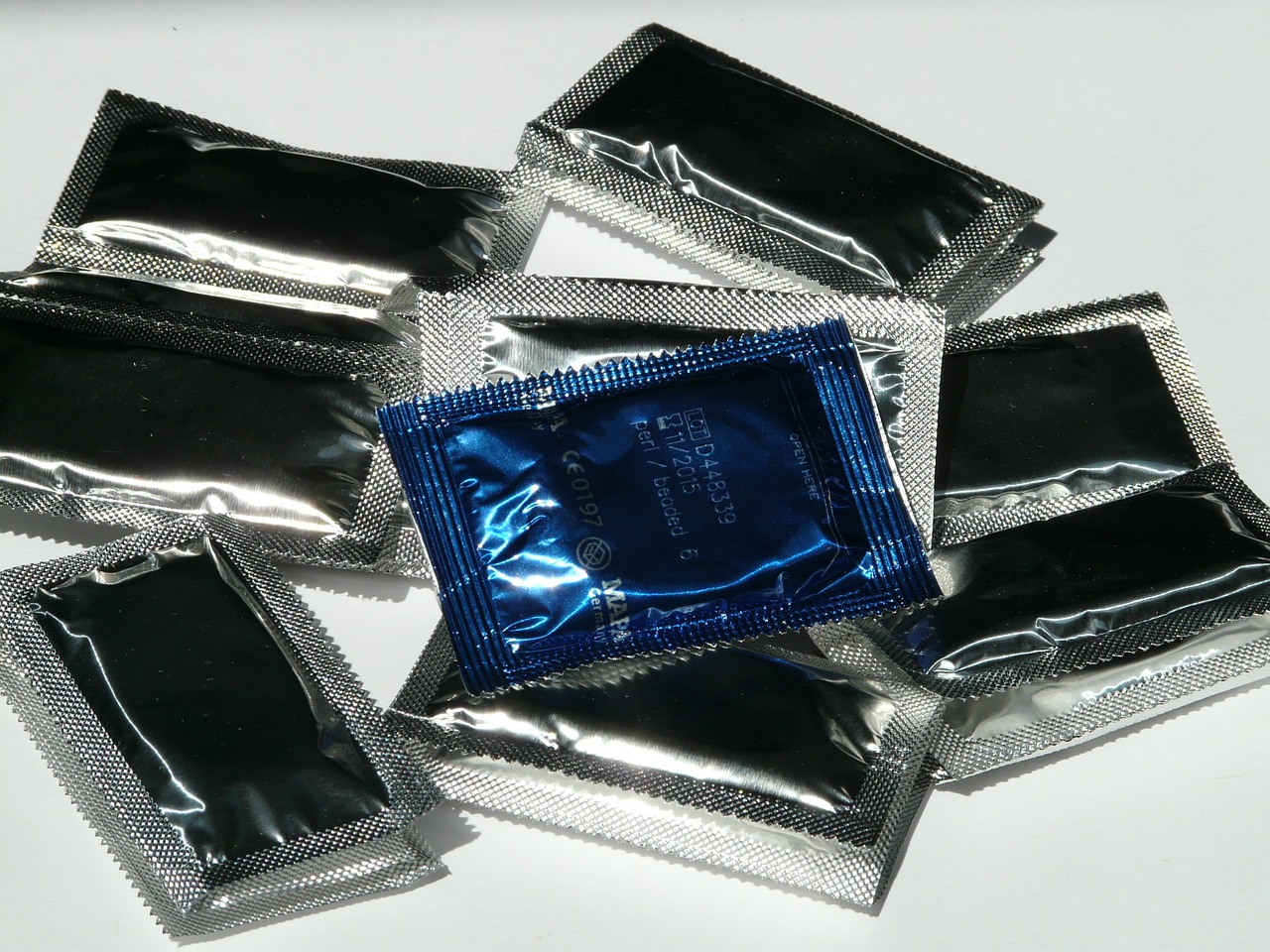
Intrauterine devices like Mirena can provide up to 3 years of continuous contraception with just 2 minutes per year taken needlessly from your life for doctor’s appointments every six months.
If you’re not TTC, you can use a barrier method of protection, such as an external or internal condom, to help prevent the conception.
To find out if hormonal birth control is right for you, contact your doctor today by phone, app, or Skype!
Peeing before you have sex can also reduce your risk of pregnancy
Peeing before sex can reduce pregnancy by up to 50%
The review was conducted over ten years of research on the subject, examining a total of 274 different studies. It found that urinating reduced a person’s chances of getting pregnant by 85%. Urinating cuts your risk in half, so peeing before and after sex is the best defense against getting pregnant.
The conclusion: pre-coital peeing does work to lower one’s chance for conception, but it doesn’t make you immune from getting pregnant — one can still get knocked up if they don’t use contraception too!
Frequently Asked Questions
What’s the best tip for a woman trying to get pregnant?
If you are trying to conceive, it is also important not to have unprotected sex at ovulation time. Ovulation time, which is the time of the month when most women will release an egg from their ovaries and on the chance it can be fertilized.
That’s because sperm can live in a woman’s body for around three days before they die and if she has sex during that period (the two days or so leading up to her ovulating) there’s more chance of conception than on other times in her cycle.
If you want to improve your chances without using any hormones then getting good quality sleep, staying hydrated, and eating a healthy diet are all helpful tips.
Does peeing after sex prevents urinary tract infections?
While it is unclear whether or not peeing after sex prevents a UTI, observing this practice may at least offer some sense of satisfaction. The jury still seems to be out on this question, because urinary tract infections (UTIs) are caused by a variety of bacteria that can invade the bladder and urethra in either men or women who have sexual contact–not just men.
Ultimately, if you want to prevent UTIs while having sex keep your partner clean and take care not to pass bacteria between partners if one has an infection already. Also making sure you wipe from front to back will help reduce the spread of bacteria.”
What are the chances of catching an STI from peeing after sex?
Answer: It is nearly impossible to contract sexually transmitted infections (STIs) from urinating after sex for three main reasons.
- There are no infectious particles in urine that can transmit a bacterial, viral, or parasitic infection.
- For an STI to be transmitted from one person to another via bodily fluids, there must first be contact between the fluid and an unprotected area of the skin or mucous membrane (or came in contact with menstrual blood).
- Unless you have some sort of traumatic rupture in your urinary tract (which would most likely result in more dire consequences than contracting a sexually transmitted disease), all areas of your urethra remain protected by clothing while you pee after sex- which means that the chances of contracting an STI are negligible.
What are some of the misconceptions surrounding planned parenthood?
Answer: One of the most prevalent misconceptions is that planned parenthood performs abortions. Planned Parenthood provides safe and legal abortion procedures but only around 3% of their patients visit each year seeking one. This equates to about 700 visits out of a total of 10 million, which should lay this misconception to rest.
What is the difference between the urethra and vagina?
Answer: The vagina is the birth canal for childbirth and is designed to expand to allow things inside, like a baby’s head. The urethra is the tube in men that carries urine from the bladder out, so it would never need to stretch unless you have had a complicated surgery.
The vagina is also known as the “birth channel” because its original purpose was believed to simply be an exit route for sperm; however, this has been proved false many times over.

